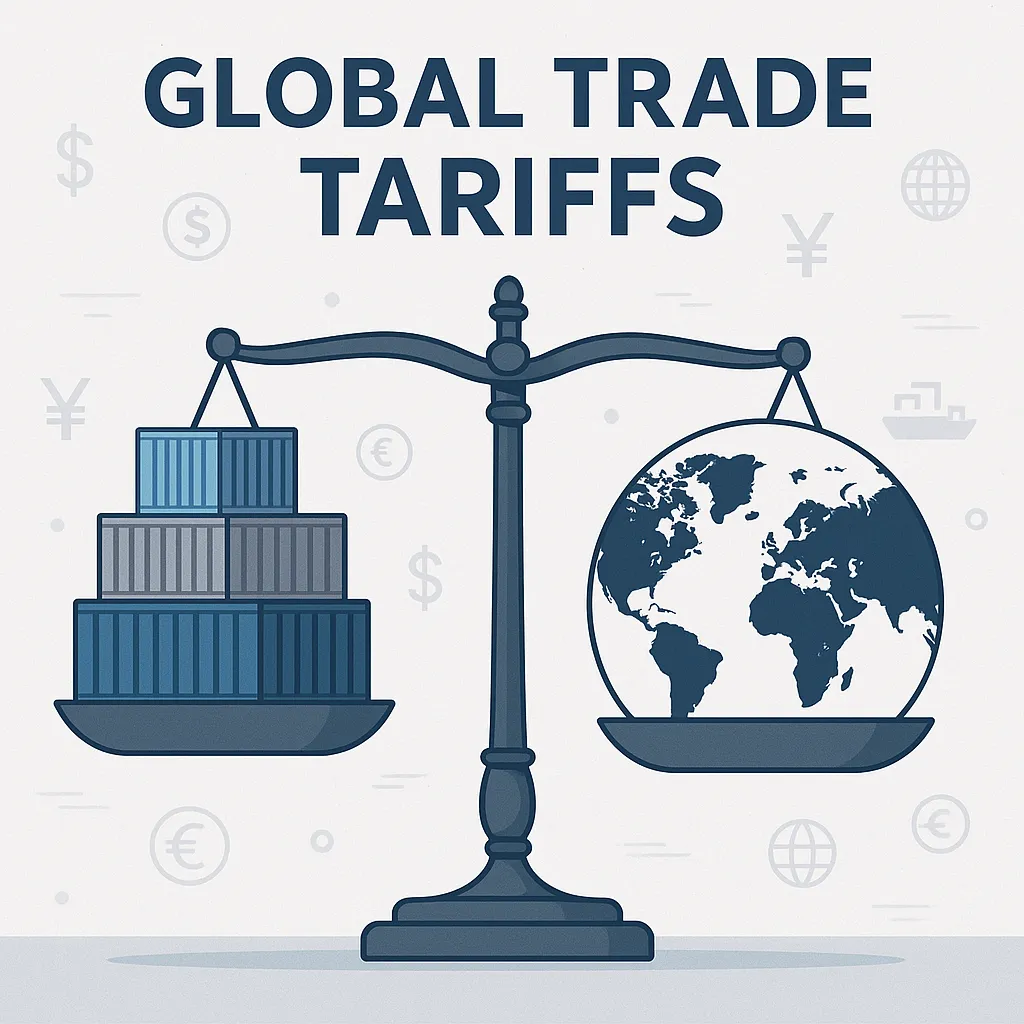Global Trade Update: Key Tariff Developments on August 29, 2025

Washington Halts ‘De Minimis’ Exemption on Small Parcels The United States officially ended its long-standing “de minimis” exemption for delivery packages valued under $800, closing a loophole that had allowed over one billion small parcels to enter tariff-free annually. Beginning today, U.S. Customs and Border Protection will collect duties on all international shipments regardless of value, with importers able to choose a temporary flat fee of $80-$200 per package during a six-month transition period. Major logistics firms, including DHL, have paused certain parcel services pending clarity on new duty calculations and data requirements, while global postal unions seek detailed guidance before resuming normal operations.
Appeals Court Rules Against Most Trump-Era Tariffs A federal appeals court in Washington, D.C., ruled that the majority of tariffs imposed under President Trump’s broad economic emergency authority are unlawful. While the decision upholds a lower court’s finding that the International Economic Emergency Powers Act does not explicitly grant tariff-levying power, it stays enforcement until October, allowing the administration time to seek Supreme Court review. The ruling affects reciprocal tariffs on over 90 countries but leaves in place national-security steel and aluminum duties imposed under separate statutes.
EU Advances Transatlantic Tariff Relief The European Commission proposed legislation to implement the August 21 EU-US Joint Statement, retroactively reducing EU-imposed auto tariffs from 27.5% to 15% effective August 1 and extending zero-duty treatment to U.S. industrial, seafood, and non-sensitive agricultural goods. These measures aim to restore predictability and save EU carmakers over €500 million in duties monthly. Brussels will now seek ordinary legislative approval to formalize these concessions and continue negotiating for further reciprocal tariff reductions.
Emerging Realignments: India and Mexico Respond to U.S. Trade Pressures India faces a 50% U.S. tariff on textiles, solar equipment, and other imports amid its ongoing Russian oil purchases-a levy that may drive New Delhi toward deeper engagement with Beijing. Prime Minister Modi’s scheduled visit to China later this week underscores shifting alliances. Conversely, Mexico plans to impose new tariffs on Chinese goods, including autos, textiles, and plastics, as part of its 2026 budget, signaling closer trade alignment with the United States in anticipation of forthcoming USMCA renewal talks.
Categories
Autos and vehicles Beauty and fashion Business and finance Climate Entertainment Food and drink Games Health Hobbies and leisure Jobs and education Law and government Other Politics Science Shopping Sports Technology Travel and transportationRecent Posts
Tags